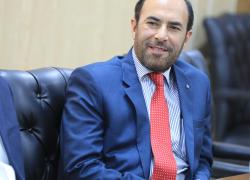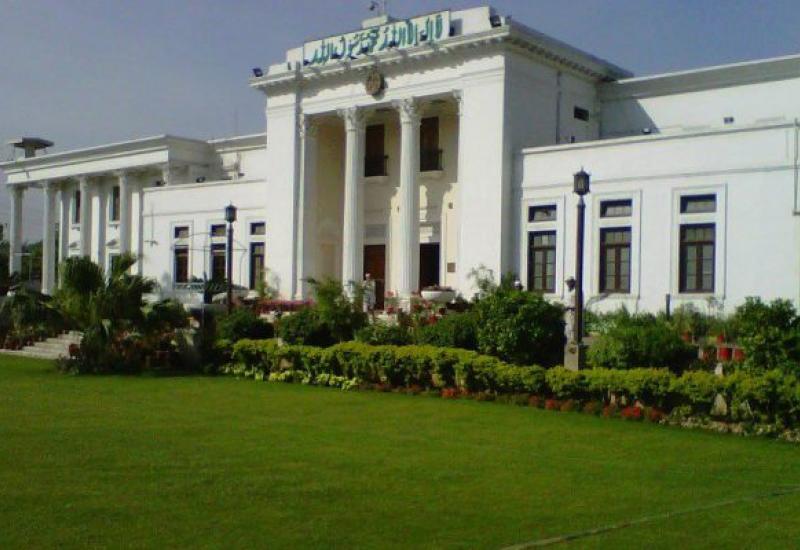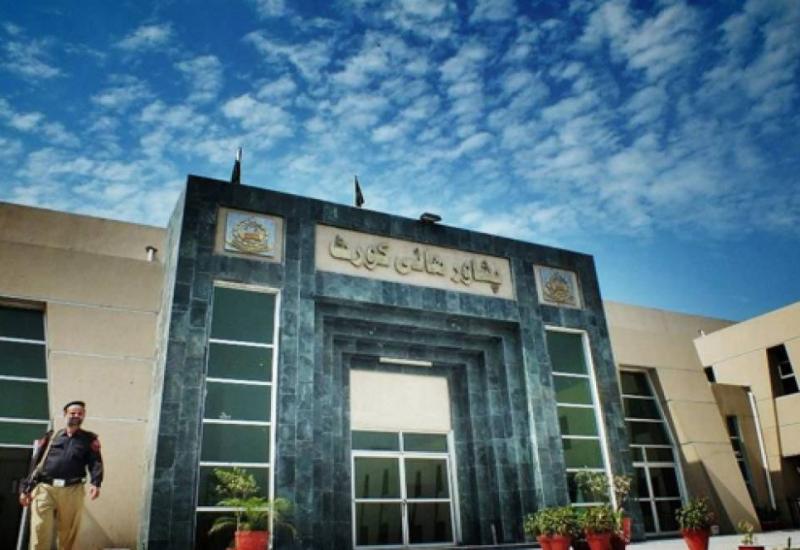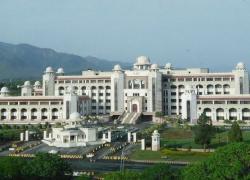The 12 major amendments in the Universities Acts and their implications
In the previous blog post, the ultimate guide to the important amendments in the Khyber Pakhtunkhwa Universities’ Act, the background knowledge and contextual understanding of the various amendments made in the Khyber-Pakhtunkhwa Universities Act has been briefly discussed.
Purpose of this blog
This blog post delineates some of the major changes brought to the individual universities Acts through the Khyber Pakhtunkhwa Universities’ Act 2012. It puts to the spotlight pros and cons of these amendments offering some deeper insight to the policymakers and academic leaders, to learn from the past experiences so as to make the proposed amendments more tenable and workable.
Major changes made in the Act
Some of the radical changes introduced in the individual universities’ Act through the Khyber Pakhtunkhwa Universities’ Act 2012 are discussed here:
- Jurisdiction of the University. The Act provided for the jurisdiction of the universities to be notified by the Government stating that the university shall exercise its powers within the territorial limits or technical limits, notified by Government from time to time. Previously, the individual Acts of the universities had the provision for the jurisdiction of the respective universities.
- Constitution of Senate: The Act provided for the constitution of the Senate for all public sector universities in a uniform manner with the unified composition and powers and functions. Previously only a few of the big universities (i.e. University of Peshawar and Khyber Medical University Peshawar) had their Senate in place whereas the rest of the universities such UET and KUST had the Syndicate as their principal governing body.
- Increase in the powers of the Syndicate: While incorporating certain new provisions, the Act enhanced the powers of the Syndicate. The hiring of faculty and administrative officers in BPS-18 and above which was required to be approved by the Senate (for the universities having Senate in place) earlier was devolved to the Syndicate. Same was the case with the creation of new posts. Similarly, approval of the affiliation of colleges/institutes were required to be made by the Senate earlier was delegated to the Syndicate.
- Changes in the membership of the statutory bodies: In the Act, the number of the members of the governing bodies such as Senate and Syndicate and Academic Council were amended. The Act provided for one Dean to be appointed by the Vice-Chancellor as member of the Syndicate. Previously all the Deans were supposed to be the members of the Syndicate. In certain universities, a member of the Provincial Assembly used to be the member of the Syndicate which was dropped from the Act of 2012. Besides, the Syndicate membership of the Registrar, Treasurer, and Controller of Examinations which was available in the Acts of certain universities was done away with.
- Changes in the approving body for the Regulations. For the approval of the Regulations, it was provided that the same shall be proposed by the Academic Council and shall be approved by the Syndicate which may approve or withhold approval or refer it back to the Academic Council for reconsideration. However, previously, the Regulations were supposed to be approved by the Senate.
- Renewal of the term of office of the Vice-Chancellor: The Act provided for a comprehensive mechanism for appointment and renewal of the term of office of the Vice-Chancellor with the provision that the tenure of the incumbent Vice-Chancellor may be renewed by the Chancellor on the basis of his/her performance and on a resolution of the Senate in support of such renewal.
- Search Committee: The Act provided with a changed composition of the Search Committee for the appointment of the Vice-Chancellor as no such mechanism was available previously.
- Pro-Chancellor: The Act provided for the Pro-Chancellor for the first time stating that the Minister of the relevant Administrative Department of Government shall act in the capacity of the Pro-Chancellor of the University.
- Provision of the Auditor: The Act introduced a provision for the Auditor stating that there shall be an internal auditor of the university who shall be responsible for pre-auditing of all bills and documents for all payments to be made by the University. Previously the job of internal audit was performed by the external auditors (i.e. Local Fund Audit) deputed by the Finance Department, Government of Khyber Pakhtunkhwa for the purpose.
- Changes in the criteria for appointment of the statutory officers: The Act provided that the Registrar, Controller of Examination, Treasurer shall be appointed by the Syndicate on the recommendations of the Selection Board or by deputations from amongst the officers or teachers in BPS-19 or above.
- Autonomy: For this first time, in any Act of the universities, the word autonomy was used in the Act stating that the University shall have academic, financial and administrative autonomy, including the powers to employ Officers, Teachers and other employees on such terms and conditions as may be prescribed.
- Tripartite mobility: Under this provision of the Act, any employee of the university had the opportunity to serve in the Government departments or any employee in the Government department could serve in the university with due approval of the Chancellor.
Pros and cons
This was a revolutionary step towards standardization, uniformity and accountability in the public sector universities. This piece of legislation brought perceptible improvement in the working environment in the universities. This resolved many grey areas in the previous acts but created many new at the same time. For instance:
- The Act introduced some mechanism for the appointment of Vice-Chancellor but there was no uniform criterion for the appointment of the Vice-Chancellors. Similarly, the provision for the renewal of the tenure was open to interpretation.
- Similarly, the Act provided that the Registrar, Controller of Examination, Treasurer shall be appointed by the Syndicate on the recommendations of the Selection Board or by deputations from amongst the officers or teachers in BPS-19 or above. Whereas, in another sub-section of the Act, it was provided that these shall be fulltime officers. This created a great deal of confusion as it was practically cumbersome to appoint a fulltime officer from deputationists. Besides, the administrative staff were also concerned that this provision shall curtain the prospects of their career development and further promotion.
- The Act also provided for the Chief Justice of the Peshawar High Court or his nominee not below the rank of a high court judge shall be the members of the Syndicate. Hoverer, it was literally impossible for them or any serving judge of the High Court to attend the meeting. They used to nominate retired judges for the purpose which had legal ramifications.
These were some of the complications surfaced during the implementation stage of the Khyber Pakhtunkhwa Universities’ Act 2012. This called for further changes and modifications in the Act. Hence new amendments were introduced in the same vide Khyber Pakhtunkhwa Universities’ (Amendment) Act, 2015.
The amendments made through the Khyber Pakhtunkhwa Universities’ (Amendment) Act, 2015 in the Act with pros and cons has been thoroughly discussed in the blog post, Implications of the 15 important amendments in the Khyber Pakhtunkhwa Universities’ Act, 2012.


















